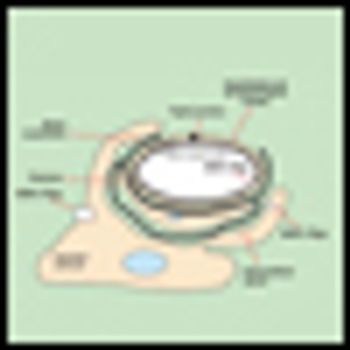Paraneoplastic disorders of the nervous system are important to the practicing oncologist, because these syndromes, although uncommon, produce significant neurologic dysfunction and disability. The neurologic disorder may be the first manifestation of an unrecognized systemic malignancy, and appropriate diagnosis of the paraneoplastic disorder can lead to a focused search for an underlying cancer. Paraneoplastic disorders may involve any component of the central or peripheral nervous system, and diagnosis requires careful neurologic assessment. The diagnosis is made by recognition of clinical neurologic syndromes and the use of selected laboratory studies as indicated by the clinical picture. Over the past 10 years, the application of molecular biologic techniques to the study of these disorders has elucidated much about the mechanisms that cause neurologic injury. In most cases, disordered humoral and cellular immunity has been demonstrated, and the role of novel targets for autoimmune attack is being clarified. For some paraneoplastic disorders, treatment of the underlying tumor may lead to improvement of the neurologic disorder. For others, various forms of immunosuppressive therapy may be indicated. Unfortunately, for several of the more common paraneoplastic syndromes such as paraneoplastic cerebellar degeneration or limbic encephalitis, treatment is still unsatisfactory, and further research into the exact pathophysiology is clearly needed. [ONCOLOGY 16:1539-1556, 2002]



































